A wide variety of financial products can be traded on the stock exchange as well as over the counter. The term “OTC trading” has become established for over-the-counter trading. OTC stands for Over the Counter and translates as “over the counter”.
This describes direct trading on the capital markets between buyer and seller. In “direct trading” and “over-the-counter trading”, the purchase and sale of securities also takes place as OTC trading. uk online trading platforms is therefore a further development of telephone trading in the broader sense.
Differences to the stock market
Then learn on how to trade forex in australia stock exchanges are monitored and regulated by the responsible financial and stock exchange supervisory authority. Not only the leading stock exchanges , but also smaller stock exchanges are controlled. For example, in Germany the Federal Financial Supervisory Authority ( BaFin ) and in the USA the United States Securities and Exchange Commission (SEC) are responsible. Compared to exchange trading, there are some differences in OTC trading:
- is not subject to any stock exchange supervision
- fewer restrictions on financial products
- there are lower fees
- greater risk than with stock market trading
- longer trading hours
On the other hand, as already mentioned, forex trading in south africa does not take place on the stock exchange and is therefore not subject to any supervisory authority. The statutory provisions on securities trading apply, but there is no state supervision of OTC trading. The transparency of the market suffers as a result, of course, and over-the-counter trading therefore carries a higher risk than stock exchange trading.
Many advantages
The lack of supervision also has the advantage that more financial products can be offered. Securities that have not been standardized and approved for trading on the stock exchange may be tradable over the counter. One example is exotic warrants. In addition, all values available on the exchange are also available in OTC trading. In most cases, however, the liquidity on the exchange is higher.
On the other hand, the trading hours in online trading sa g are longer. Private investors can usually buy and sell securities over the counter between 8 a.m. and 10 p.m., while the official stock exchange hours in Germany are from 9 a.m. to 5.30 p.m. If you want to find out more about trading hours, take a look at our Forex Wiki , where we explain the most important trading terms.
OTC trading can also score points when it comes to costs. Since trading takes place directly between seller and buyer, there are no fees for the stock exchange or third-party fees such as broker brokerage fees. Of course, private investors pay fees for the broker who initiates the trade between the market participants. However, these fees are usually lower than the costs of trading on the stock exchange.
